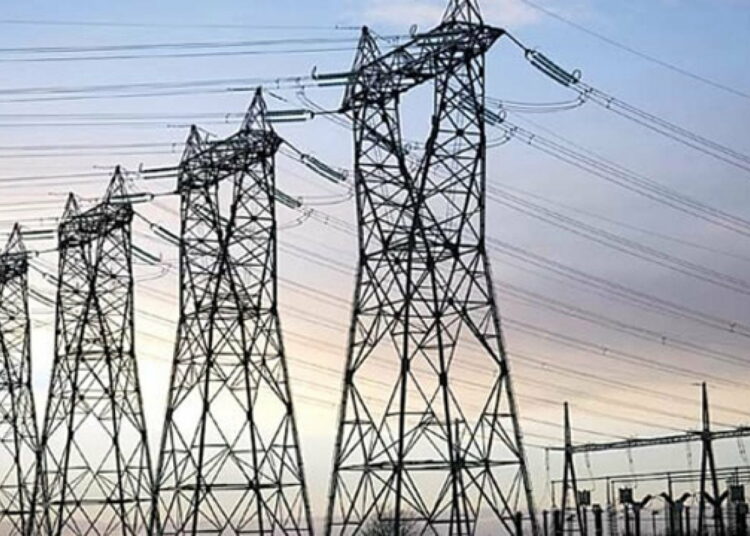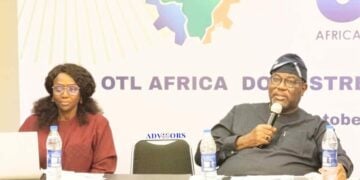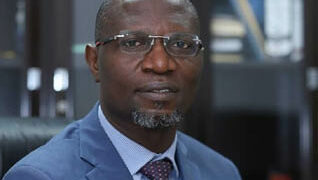Reactions have continued to trail a former minister’s comment that politicians hijacked the 2013 Electricity sector privatisation and appropriated the power assets to themselves.
This is as some experts continue to demand a review of the exercise to promote transparency and efficiency.
Recall that former minister of National Planning Commission, Dr. Shamsuddeen Usman had criticised the conduct of the privatisation of the country’s electricity sector, alleging that all due process were sidestepped.
Usman, a minister in the administration of former president, Goodluck Jonathan, had alleged lack of transparency and due diligence in the exercise.
The former minister, while not mentioning names, had accused politicians and officials in the administration of jostling for shares in the power generation and distribution companies that were privatised in 2013.
Usman alleged that government officials who ordinarily should have been neutral in the privatisation exercise were, however, guilty of foul plays and used their positions to leverage their interests in the exercise secretly.
The former minister said, most of the transaction principles often included and followed in the privatisation of government’s assets were sidestepped during the sale of the power assets to private investors.
An energy lawyer, Chukwuebuka Ibeh, while reacting to that ,noted that, despite privatising Nigeria’s power sector over a decade ago, the core problem remains a crippling lack of infrastructure.
, decisive leadership to pursue the growth of the industry vigorously “just as we had during the Telecom Industry restructuring years back and most importantly, lack of liquidity; all are primarily driven by politically influenced, non-cost-reflective tariffs emerging from one regime to another.”
Ibeh said, the issue of liquidity speaks to the fact that the revenue generated isn’t enough to cover CAPEX and OPEX or allow for profit, leaving investors unable to recover their capital or achieve a return on investment (ROI). Consequently, he said, prospective investors are deterred, knowing that, despite any attractive pitches or publications, the industry’s financial viability is compromised, ultimately impeding progress and the delivery of reliable power.
Former general manager, Communications and Public Relations at Niger Delta Power Holding Company Limited (NDPHC), Yakubu Lawal, noted that, insufficient power infrastructure is significantly affecting generation ,transmission and distribution of available power.
Yakubu, also pointed to low generation, lack of adequate funds, poor investment in the sector and low tariff or lack of cost recovery tariff poor regulatory guidelines, as key factors affect growth of the sector.
On the conduct of the privatisation exercise, he said, to the extent that the process were bid for by many interest parties or investors and due process was followed yet the right people or investors did not emerge as winners.
His view is that ‘We have surrogate in between while the real financiers are retired generals and old politicians.’
However, he said, most of the lapses can be corrected through effective regulatory body that will ensure strict compliance to policies and guidelines for every activities in the sector ,with clear visión to punish erring players.
This will bring back investors confidence and will be ready to inject more money in the sector. Issues of transparency, accountability on the part of government officials- Ministry of power, NERC very important, he noted.
He said, canceling the process will put a heavy penalty on the government because default clauses in the agreement spelt out clear penalty for default and the bigger picture is that investors confidence will be eroded completely.
They also noted that, there are issues of commercial and technical losses impeding the sustainability of the sector and that many consumers were not paying for electricity.
“More troubling is the fact that government institutions are the major culprits. Then there is the issue of tariffs which are not cost reflective. The government promise to fill the funding gap is not being fulfilled. Currently the GENCOs are being owed over N4 trillion. The sector is consequently grappling with a serious liquidity crisis,” he pointed out.





